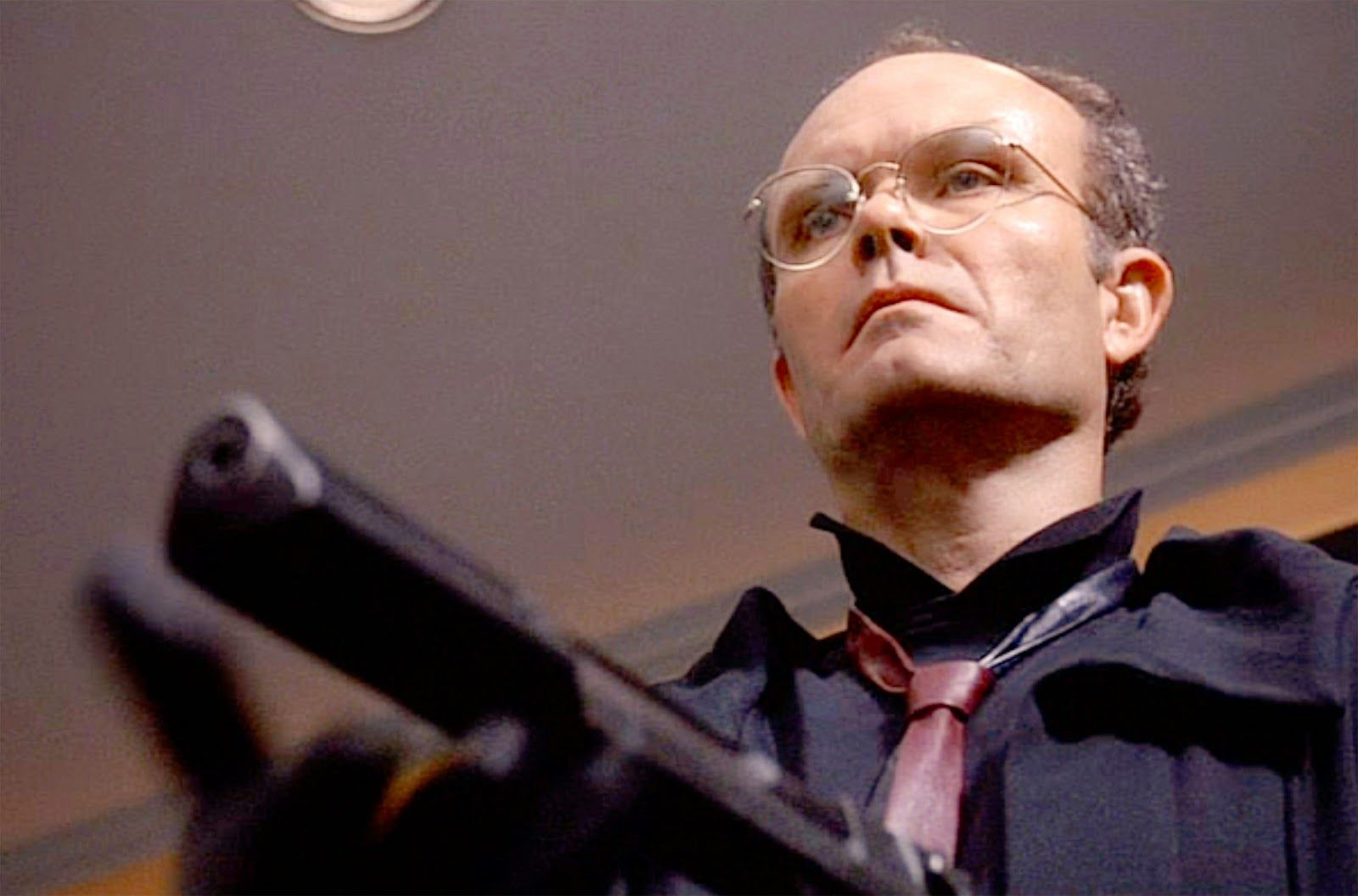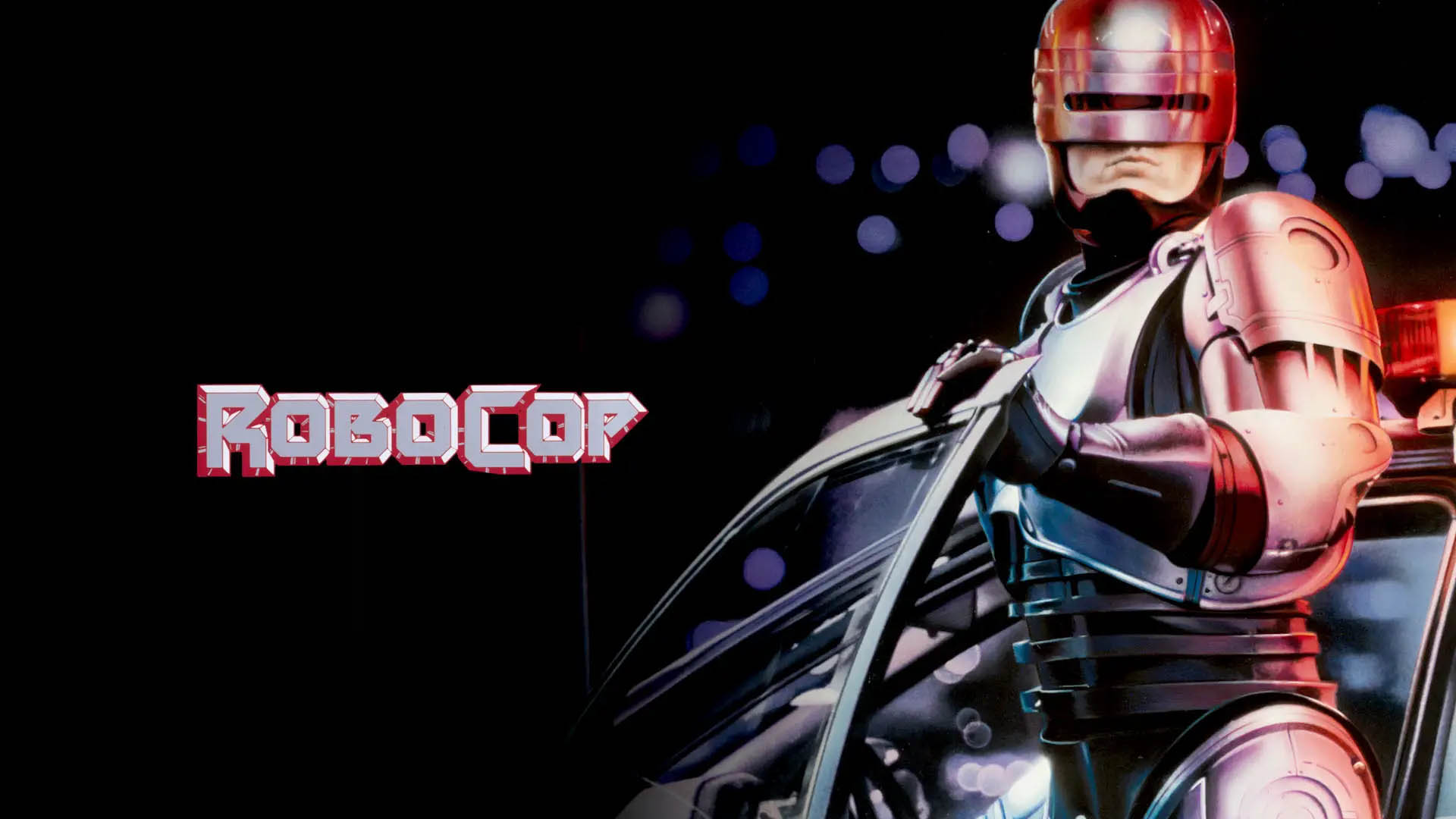When people look back and say how great movies were in the 1980s, it was because RoboCop was stacked in the releases of that decade. Many great films came out in 1987: Innerspace, Evil Dead II, The Predator, Raising Arizona and even Hellraiser were stand-out future classics that still pale in comparison to Robocop.
RoboCop spawned a very limited franchise with one really good sequel, one really bad one, a cartoon show, a live-action TV series, comics, and a bunch of video games that sometimes crossed over with The Terminator. It had a remake in 2014 that nobody cared about and since then, the franchise has been dormant with only one game coming out in 2023.
The remake proved that something like the original RoboCop simply could not be made today. The timing of all the elements falling into place led to RoboCop becoming a perfect movie. It was such a smashing success in all arenas that it established Paul Verhoeven in Hollywood and paved the way for his future sci-fi hits like Total Recall and Starship Troopers.
How has this scathing satire of Hollywood action movies endured the test of time? Why is it still relevant today? Is it worth picking up the new 4K remaster? Find out in this RoboCop (1987) review!
RoboCop (1987)
Production Company: Orion Pictures
Distributor: Orion Pictures, Metro-Goldwyn-Mayer
Director: Paul Verhoeven
Release Date: July 17, 1987

RoboCop is the classic story of a man who goes to work, dies on the job, and is forced to go back to work. It is set in a dystopian future where unchecked corporatism has left society utterly detached and greedy yuppies like Bob Morton (Miguel Ferrer) will exploit the lives of others to get ahead in life.
Detroit has become a company town for Omni Consumer Products (OCP) and rules the city under their brand of liberal fascism. The city fully embraces the company’s takeover and somehow this became a model for real-life neoliberals who emulate the urban decay and corruption of Detroit seen in this 35-year-old film.
Alex Murphy (Peter Weller) is the heart and soul of RoboCop. He transfers to Detroit because the city chews through cops like meat and finds himself on the wrong end of a bunch of guns courtesy of career criminal, Clarence Boddicker (Kurtwood Smith).

Murphy’s savage execution is where the film truly begins and where he becomes the cyborg police officer, RoboCop. The story presents a compelling exploration of the intersection between man and machine, raising profound questions about the ethical and moral implications of technology.
Where does his soul end and begin? Murphy tries to reconcile his humanity and cybernetic existence in very powerful scenes of him revisiting his former home, now abandoned. His memories flash before him and it is truly gutwrenching how effectively Weller portrays a complex mix of sorrow and rage with only his mouth exposed.

RoboCop transcends the boundaries of action spectacle, delving deep into the moral quandaries of artificial intelligence, corporate greed, and the erosion of human identity. It challenges us to ponder the consequences of unchecked power and the fragility of our humanity.
Clarence and Dick Jones (Ronny Cox) represent two aspects of crime. Clarence is a street-level criminal who uses violence. Dick is a corrupt white-collar criminal that uses terror built into the system to get what he wants. Ironically, both men succumb to Murphy in a symbolically similar way. It goes to show how clever the script is for RoboCop.

This film never has a dull moment. From the “I’ll buy that for a dollar” TV show that represents the erosion of pop culture, to satirical news segments doing the legwork of exposition. There are even fake advertisements that ingeniously expand on world-building.
RoboCop is more than just a cynical prophecy of things to come. This film is a crowd-pleaser that works on two levels. On one hand, it is intellectually satisfying, providing a lot of substance to chew on. On the other hand, it has high entertainment value for its raucous action scenes and fulfilling violence.

The effects in RoboCop are truly a magnificent sight to behold. The squibs used in the gunshots are some of the most visceral and painful-looking wounds depicted in an 80s movie. The color of the blood is dark enough that it looks convincing. When the blood shoots out in jets, it creates an uneasy gut reaction.
The talent behind the various effects cannot be ignored. Verhoeven had Rob Bottin (John Carpenter’s The Thing) on make-up effects that made RoboCop come to life. Phil Tippett (Mad God) was put on stop-motion effects that realized ED-209’s indelible presence. Even the Chiodo Brothers got in on the action and made the hilarious 6000 SUX commercial.
Basil Poledouris’ score is one of the greatest pieces of music ever composed for a movie. It’s grand and combines elements of synth and swelling orchestra. The use of a pipe organ sample is especially a stroke of creative genius and adds to the soundscape’s texture.
The amount of talent pouring out of RoboCop is unbelievable. Everyone is at the top of their game and delivering first-rate material… except for the puppet used at the end when Dick Jones falls out the window. That effect was dubious in 1987, and it still is now.

The scene direction is masterful. RoboCop was Verhoeven’s first Hollywood production, but he understood exactly what moviegoers would want and he delivers. Some shots are straight out of a comic book panel and flawlessly express the emotion of the scene without overbearing dialogue.
RoboCop is also incredibly lit too. The iconic design of RoboCop catches and reflects light, gleaming in aesthetically pleasing ways. It truly does look and feel like a movie from the future despite its age.
The 4K transfer truly makes the film shine brightly as if it was made yesterday. There do appear to have been some corrections made like some wires seem to have been digitally removed. This is apparent in the ED-209 and RoboCop battle when ED fired rockets that were on a thin fishing line. The effect looks more convincing now than ever.
Other details like grit and imperfections on some of the insides of the RoboCop suit are more apparent which makes it look more hand-crafted than intended. In some angles, the black onesie that Peter Weller wears is much more pronounced.
The trade-off is that the black levels are much finer and there are more details in every shot. The aforementioned lighting pops brighter than ever and there are absolutely no instances of rough digital banding or artifacts.

RoboCop has always had parallels to the state of American society. It’s a scathing critique of corporate greed and the erosion of civil liberties. Its satire can be so over-the-top that it becomes a dark comedy. This becomes the film’s greatest strength since it also has human drama and thrilling action scenes to balance it at a perfect pitch.
RoboCop maybe 35 years old as of this review, but it is as relevant and evergreen as ever. It is one of the few films that came out of the Hollywood system that tells the truth and is one of the most entertaining movies of all time.
Robocop was reviewed via video-on-demand purchase by Niche Gamer. You can find additional information about Niche Gamer’s review/ethics policy here. Robocop is now available via streaming on Vudu Fandango.
